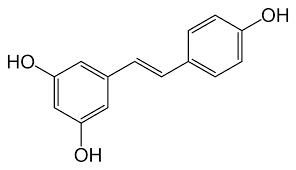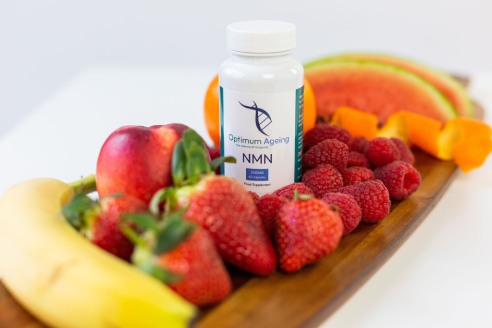Overview
Resveratrol is part of a group of compounds called polyphenols. They act like antioxidants, protecting the body against damage that can put you at higher risk for things like cancer and heart disease.
It’s in the skin of red grapes, but you can also find it in peanuts, red wine, berries, and other foods and berries.


Benefits of Resveratrol
It’s gained a lot of attention for its reported anti-aging and disease-fighting powers. Researchers have long believed that substances in red wine might have health benefits. Beginning in the 1990s, experts began to focus on resveratrol, an antioxidant compound in red wine. Since then, animal and lab studies have shown that resveratrol has promising antiviral, anti-inflammatory, and anticancer effects.
Resveratrol helps to protect you against:
Heart disease – helps to reduce inflammation, lower LDL or “bad” cholesterol, and make it more difficult for clots to form that can lead to a heart attack.
Cancer – Resveratrol limits the spread of cancer cells and starts killing them.
Alzheimer’s – Resveratrol protects nerve cells from damage and fights the plaque buildup that can lead to the disease.
Diabetes – Resveratrol helps prevent insulin resistance, a condition in which the body becomes less sensitive to the blood sugar-lowering hormone insulin. The condition can lead to diabetes.
Resveratrol activates the SIRT1 gene. That gene is believed to protect the body against the effects of obesity and the diseases of aging.
Get further information on Nicotinamide Mononucleotide and Betaine.
